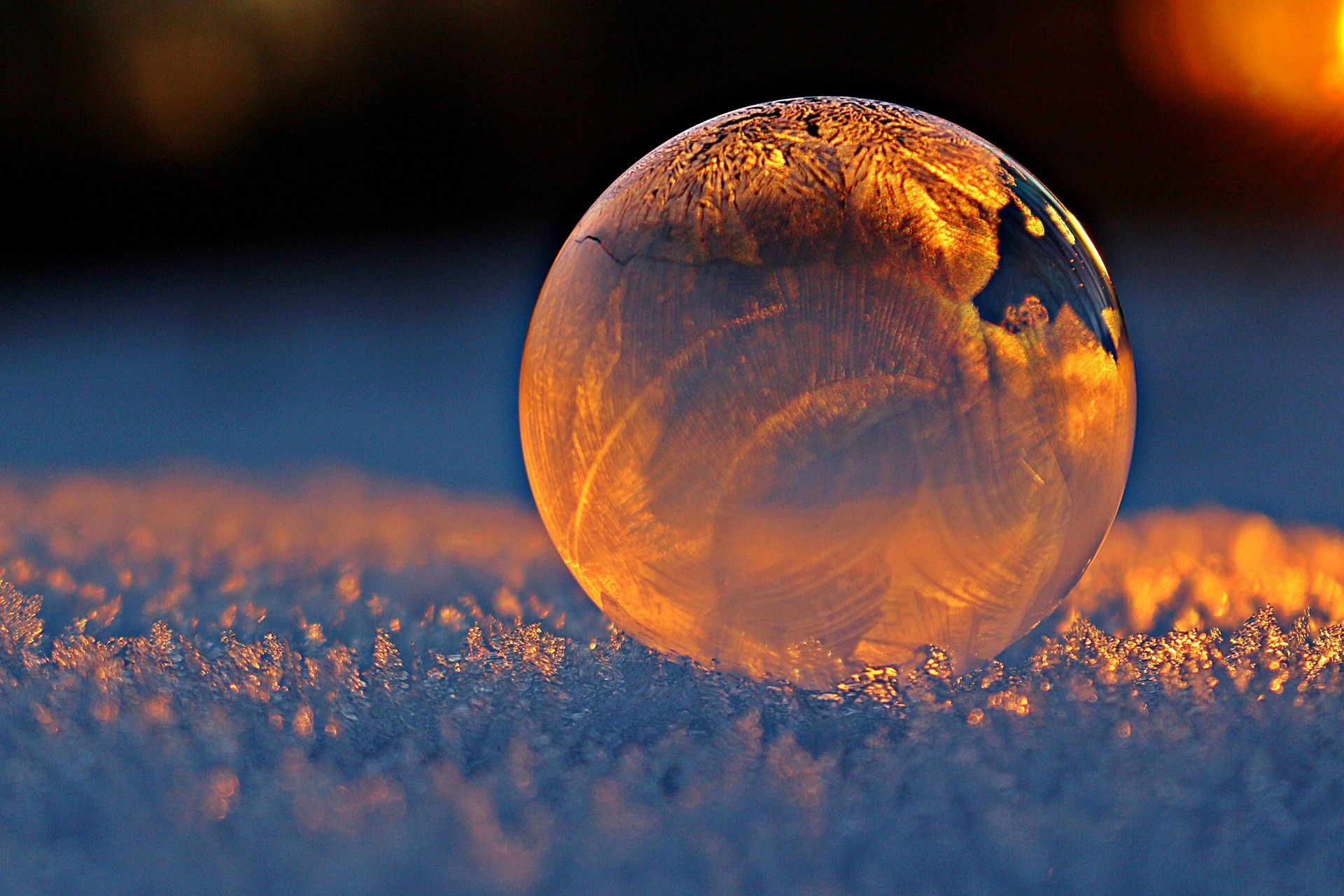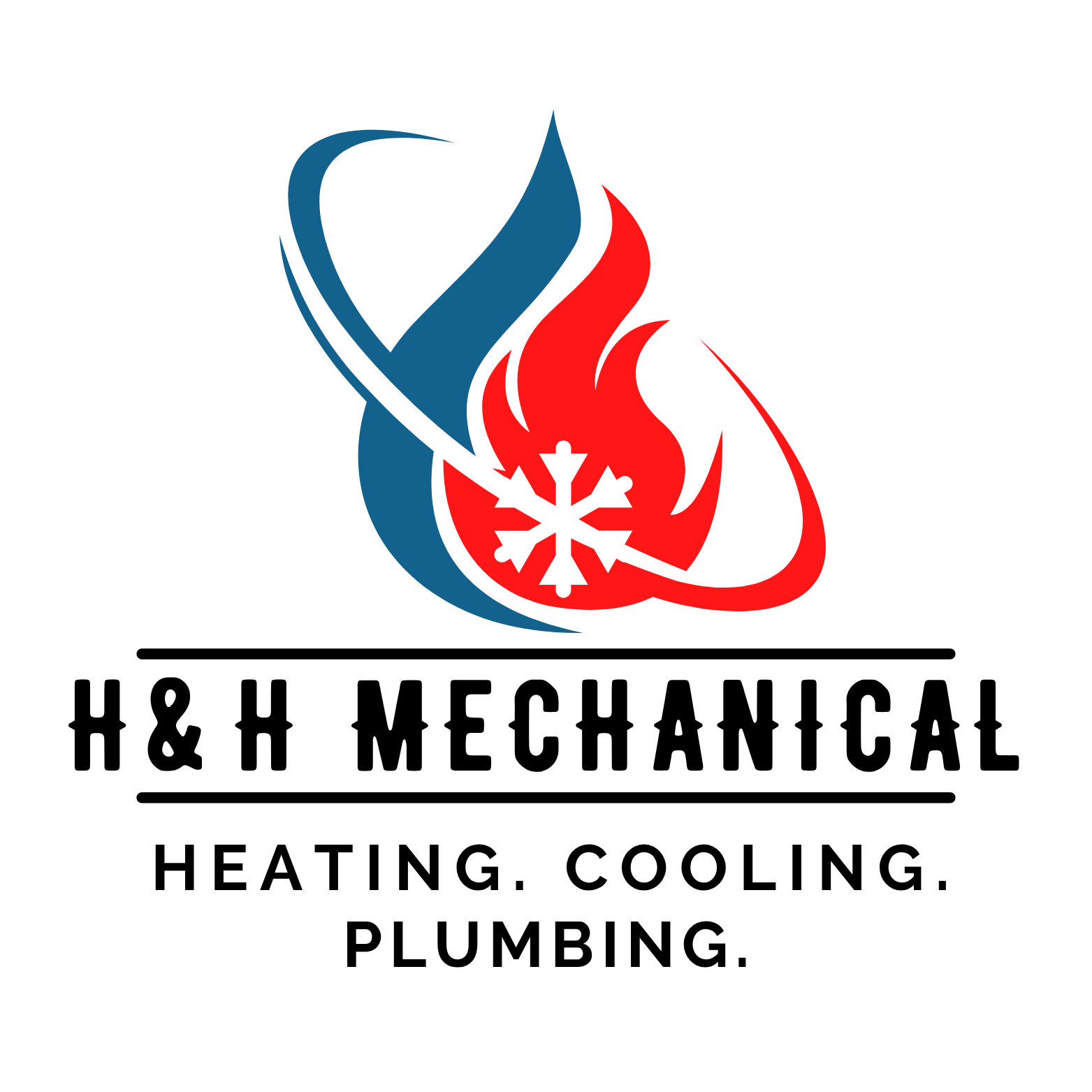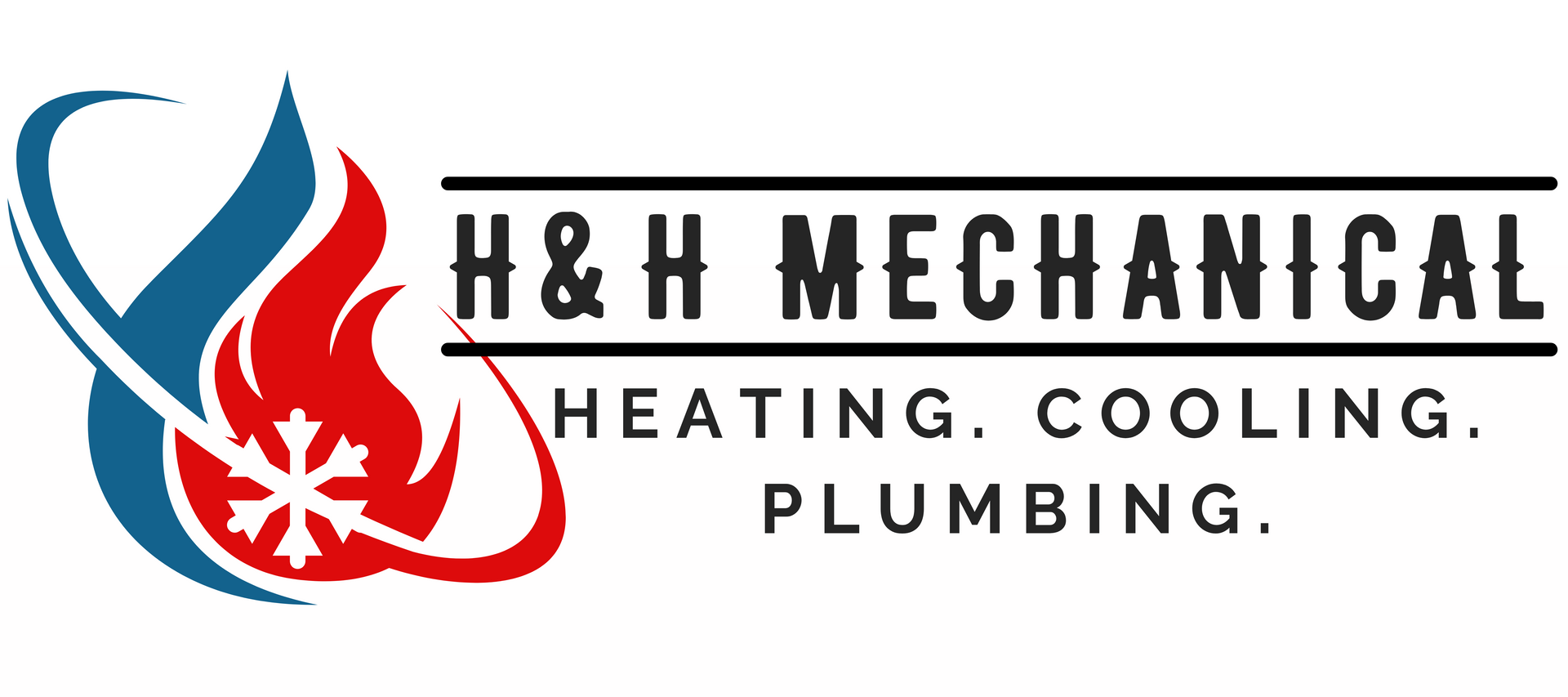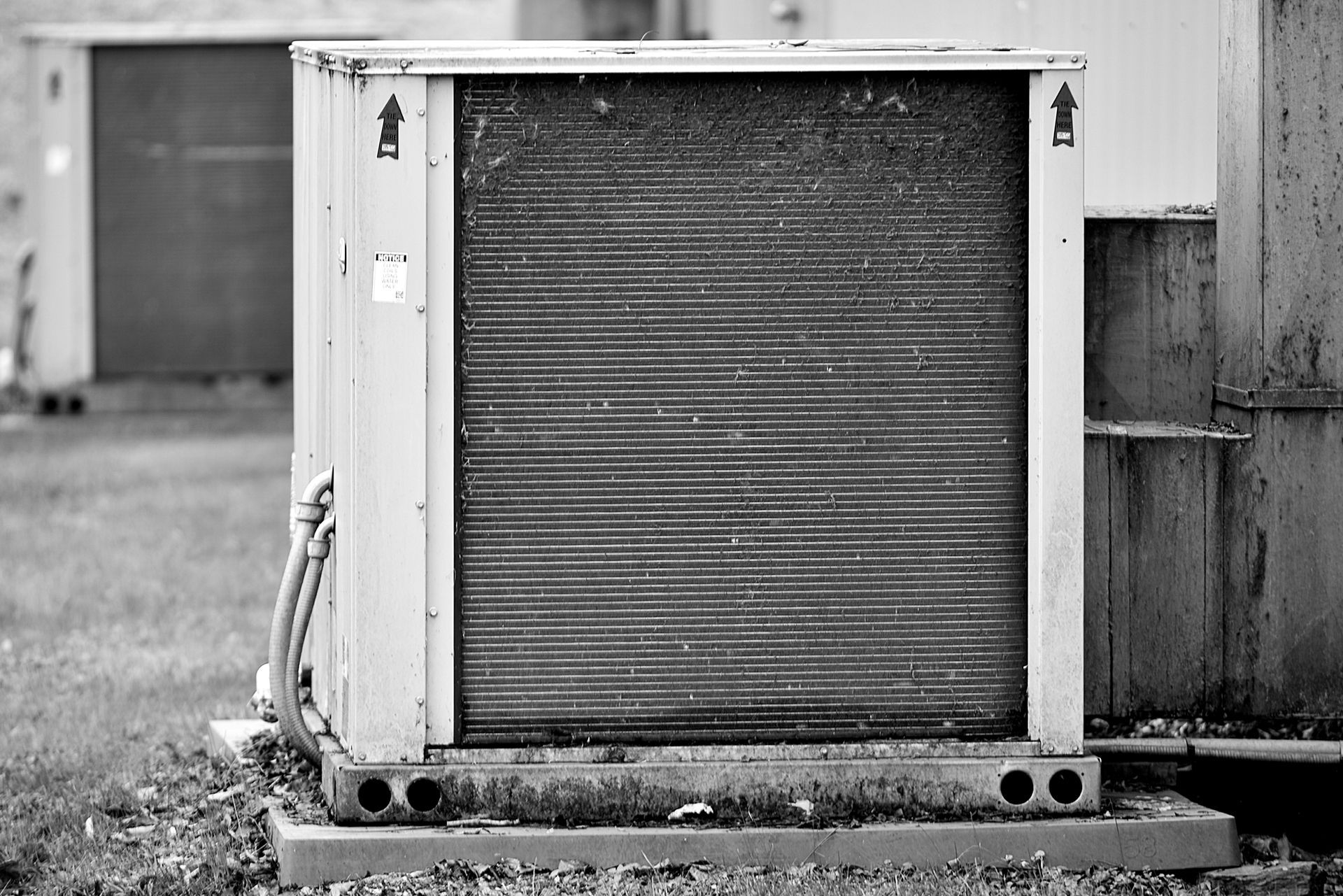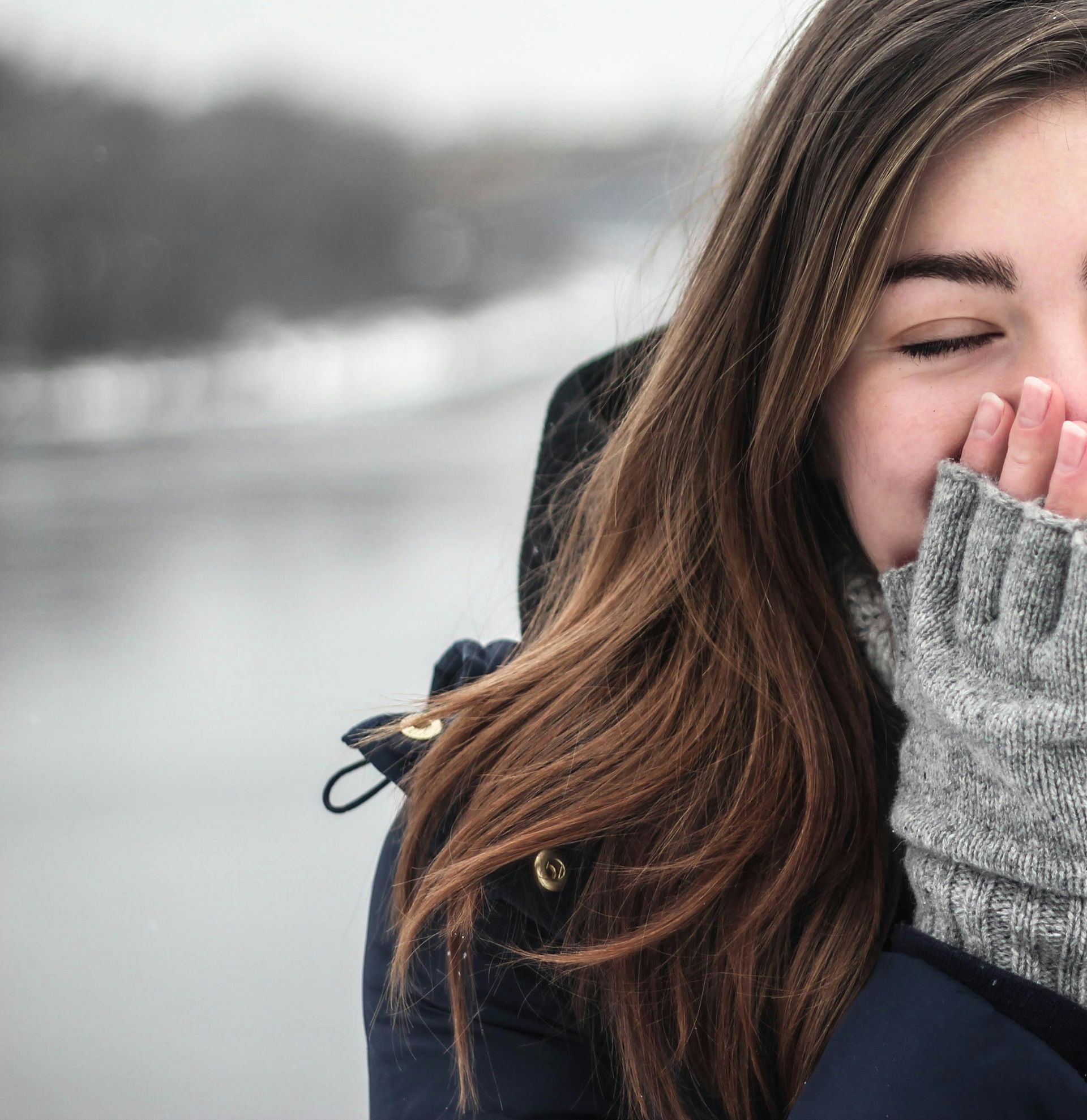Top 5 Energy-Zapping HVAC Habits to Avoid This Winter
As temperatures plunge, many of us retreat indoors, seeking the warmth and comfort of our homes. Heating systems become our best friends in the battle against the cold, but certain habits can turn them into energy hogs. To prevent your HVAC system from zapping energy and skyrocketing your utility bills, watch out for these top 5 energy-wasting habits this winter:
1. Cranking Up the Thermostat
It's tempting to turn up the heat when you're feeling chilly, but setting the thermostat too high can waste a significant amount of energy. Each degree above your normal setting can add to your heating costs.
Tip: Instead of cranking up the heat, try setting your thermostat to a comfortable 68-70 degrees Fahrenheit when you're home and awake, and lowering it by 7-10 degrees during the night or when you're out of the house.
2. Neglecting Regular Maintenance
Failing to service your HVAC system can lead to decreased efficiency and higher energy consumption. Dust and dirt can accumulate, filters can get clogged, and other maintenance issues can cause your system to work harder than necessary.
Tip: Schedule annual professional maintenance and make a habit of checking and replacing your filters regularly, usually every 1-3 months, depending on usage.
3. Ignoring Air Leaks and Insulation
Heat loss through leaks around doors, windows, and other areas can cause your HVAC unit to work overtime. Poor insulation, especially in attics and basements, can also lead to significant energy waste.
Tip: Seal any drafts with weatherstripping, caulking, or insulation. Improve your home's insulation to keep warm air in and cold air out, reducing the demand on your heating system.
4. Overlooking the Humidity Level
Dry air feels colder than humid air, causing many people to raise the thermostat to feel warmer. An overly dry indoor climate requires your heating system to put in extra effort to achieve a comfortable temperature.
Tip: Use a humidifier to maintain a healthy humidity level of around 30-40% in your home. This can help you feel warmer at lower temperatures and save energy.
5. Unused Spaces
Heating unoccupied rooms or rarely used spaces seems like a waste of money. You're paying for warmth that is not needed, but closing vents to these areas adds extra strain to your HVAC system, that can cost you thousands in the near future.
Tip: Install a zoned system to safely and efficiently heat your home. This will allow you to control the temperature in different areas of your home, so that you can save money by only heating the rooms that are being used.
Using your HVAC system wisely not only contributes to a greener planet but can also offer significant savings on your energy bills. By paying attention to these potentially energy-zapping habits and making smart adjustments, you'll keep your living space cozy and your winter energy consumption in check.
